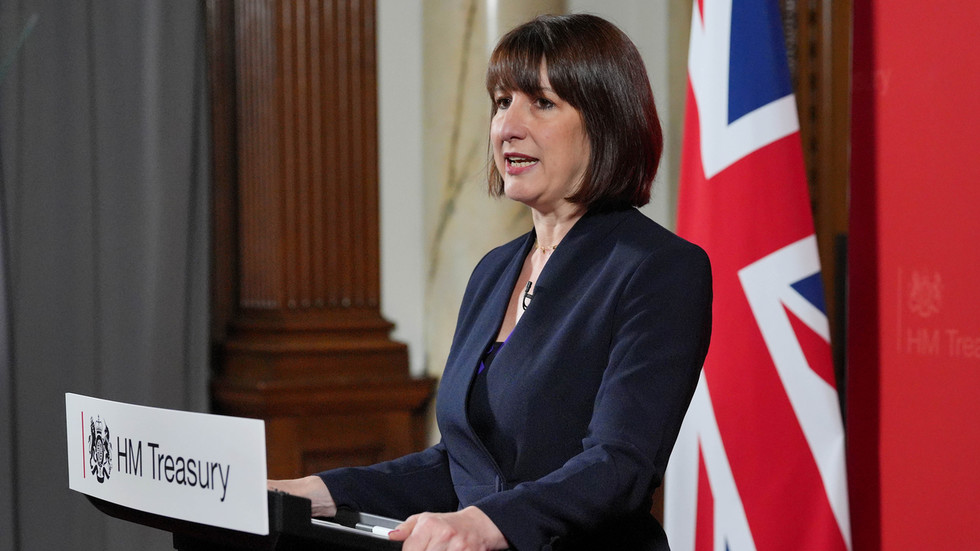The writer is president of Queens’ College, Cambridge, and an adviser to Allianz and Gramercy
After occupying a central role in international trade and currency developments in the 1980s and 1990s, Japan’s influence on the global economy and markets gradually declined. “What happens in Japan stays in Japan” became the mantra for many. But this could change if the Japanese authorities do not prepare well for what increasingly looks like an inevitable exit from its “yield curve control” policy.
YCC is a monetary policy regime introduced in 2016 under which the Bank of Japan caps a key longer-term interest rate by buying bonds when the market yield tests that level. By capping this, and by influencing short-term bond yields through the setting of benchmark policy rates, the central bank seeks to stimulate growth and counter deflation.
Whatever your views on the effectiveness of YCC (and this is subject to debate), rising yields around the world make it hard to maintain the policy without intensifying collateral damage and unintended consequences. This has included a rapidly depreciating currency, large central bank foreign exchange interventions, and recurrent stress in market functioning for Japanese government bonds (including days with little if any trading).
The longer Japan sticks with YCC in the current global context, the more the authorities will have to spend to resist a depreciation, and the greater the structural damage to the core of the country’s financial system.
No wonder most observers expect Japan to have to exit this policy — a view reinforced by higher inflation and the mounting wage demands from the major labour unions. When it comes to the timing of this, the consensus forecast is after the second five-year term of the current governor, Haruhiko Kuroda, ends in March of next year. If correct, this gives the Japanese authorities months to prepare for what is an inherently tricky policy manoeuvre.
Time and time again, history has shown that exiting a protracted fixed price regime is full of complexities, whether it involves the currency, interest rates, or domestic prices and subsidies. This is particularly true when the peg in question has already caused multiple distortions.
We should expect a good part of the Japanese interest rate structure to move significantly higher when YCC is removed. The impact would be particularly acute for the domestic large holders of Japanese government bonds who, long confident in the longevity of the interest rate cap, had found ways to leverage their “safe asset” holdings in order to increase returns.
On the surface, this is the type of behaviour that was adopted by UK pension schemes. Its viability was turned upside down by the sudden increase in market yields caused by the “mini” budget debacle.
I say “on the surface” as there are three notable differences. First, while the UK situation predominantly involved the leveraging of government “interest rate” risk, that of Japan appears to involve more “credit risk”. Second, a good portion of that risk has been obtained through claims on entities outside Japan such as companies or sovereigns. Third, the Bank of Japan would face many more obstacles in pursuing surgical interventions to calm markets if this were required.
The risk scenario here is the possibility that large losses and margin calls pressure certain overexposed Japanese entities to dispose of assets in a disorderly manner. Given the extent of crossholdings, this would fuel contagion across markets and borders which would be felt notably in places such as US and European investment grade corporates, high yield, leveraged bank loans, and emerging markets. It would come at a time when US Federal Reserve’s now-rapid rate hikes to tackle rising inflation has contributed to large losses for investors and unsettling volatility. There has been a sense of nowhere to hide.
The importance of minimising this risk scenario is heightened by the existing concerns about liquidity and the orderly functioning of other markets in advanced countries. It is even more vital at a time when a slowing global economy can ill-afford contamination from market accidents.
The policy approach for Japan involves the early identification of “pain trades”, the encouragement of pre-emptive orderly deleveraging, and clarity on the nature and duration of an emergency intervention if needed, including the degree of acceptable regulatory forbearance. None of this is easy, and it is not guaranteed to work immediately. Yet the alternative of letting markets do it their way would be more problematic for both Japan and the rest of the world.
















